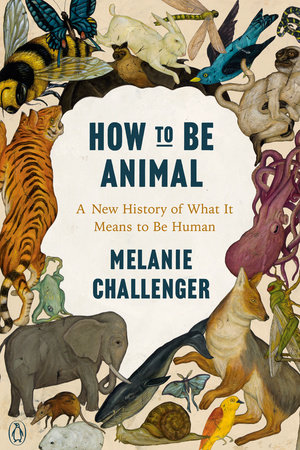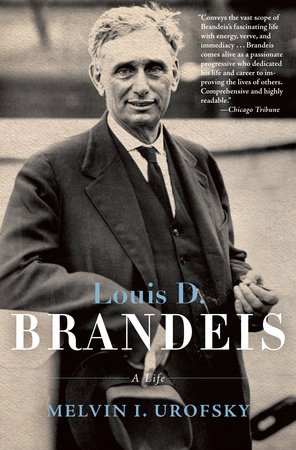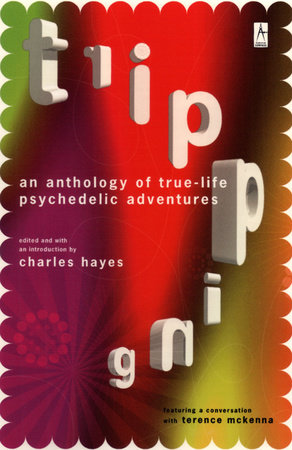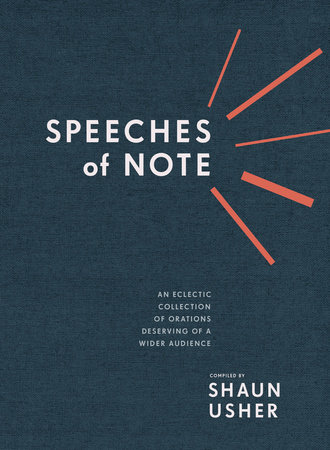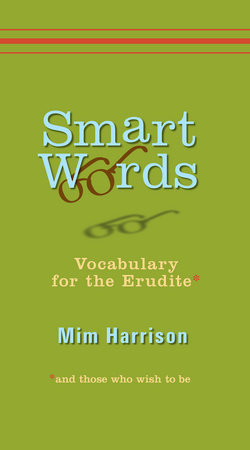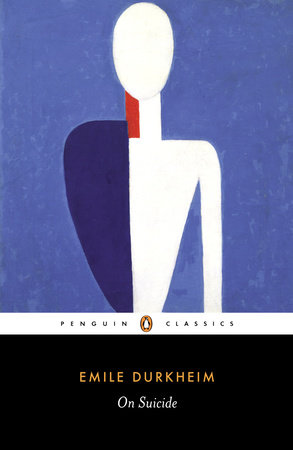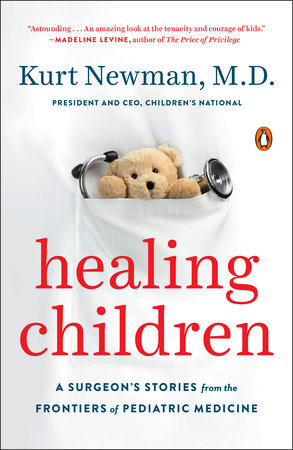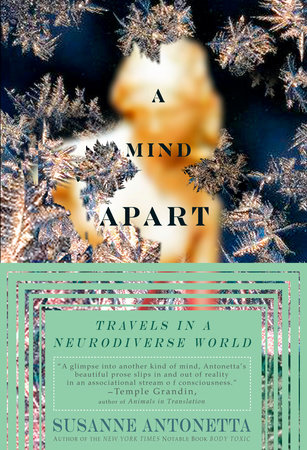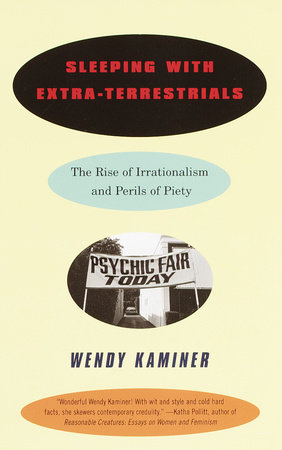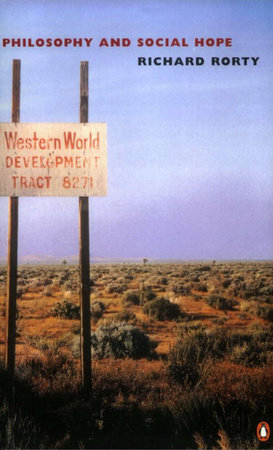“[How To Be Animal] is a remarkable combination of biology, genetics, zoology, evolutionary psychology and philosophy. And I think it’s one of the better explorations and refutations of human exceptionalism that I’ve read. Challenger actually raises this suggestion that it may be our own discomfort and denial of our own animal nature that makes it so easy to denigrate our fellow citizens. I think that her reflections on the relations between humans and non-humans belong on the shelf next to people like Peter Singer and David Abraham.” —Richard Powers, author of The Overstory
“[A] brilliant, thought-provoking book. It is so wise and so well researched and makes you realize that so much of where we go wrong as a species—socially, psychologically, environmentally—involves forgetting or trying to escape our nature.” —Matt Haig, author of The Midnight Library, via Instagram
“As Challenger observes, ‘our fear of being animal’ may cause us ‘to hammer out a more frightening world’ . . . Challenger’s book is a dizzyingly ambitious attempt to correct this destructive logic by examining its genesis. How to Be Animal induces the same kind of vertigo I experienced as a child while pondering where I was before I was born . . . . What [it] brings forth so beautifully is that impermanence is not a state confirmed by death. It’s not that I exist until I’m dead, it’s that my sense of an ‘I’ is never concrete but arrives continuously.” —Charlotte Shane, Bookforum
“Challenger mounts a searching critique of our ingrained sense that we are not wholly animal . . . she argues that humans are essentially embodied creatures . . . showing how our minds are integrally connected with not only our brains but the rest of our bodies, our nervous systems and inner organs.” —New York Review of Books
“This is a brilliant book that, like many brilliant books, explores what it means to be human. The difference here is that the author answers this by highlighting one central human dilemma: we are an animal in denial that we are actually an animal.” —Observer
“[R]iveting . . . How to Be Animal and the exceptionalist model are useful starting points for thinking about the broad context in which the COVID-19 pandemic sits.” —Psychology Today
“This is a provocative, incisive and worried book, carried off with no small degree of élan. It is multi-disciplinary, taking in ecology, philosophy, law, futurology, psychology, palaeontology and anthropology . . . One of the very best parts of this book is the manner in which Challenger conflates intellectual activities that can seem opposed . . . There are plenty of books I could recommend on each one of Challenger’s topics, but this book skillfully braids all of them.” —The Scotsman
“[A] winning rumination . . . Challenger convincingly demonstrates that ‘the human form of consciousness and its capacity to deliver meaning’ doesn’t negate the natural world’s ‘spectacle of richness.’ Impassioned and intelligent, this is a treatise with the possibility to change minds.” —Publishers Weekly, STARRED REVIEW
“[A] fascinating and cutting-edge meditation on humanity . . . humbling [and] timely . . . Every chapter is more riveting than the last, a truly remarkable read.” —Booklist
“A searching examination of our intellectual divorce from the natural world . . . [Challenger] invites us to accept our animal nature and the responsibility toward the world that comes with it. A welcome, well-considered contribution to ecological thought.” —Kirkus Reviews
“With this book, Melanie Challenger fearlessly plunges into the biggest question of our time: how can we rediscover our animal selves, before it is too late? How can we discover our true place in the wider world we are destroying? Each of us has to answer this question for ourselves. This book is a guide for you on the journey.” —Paul Kingsnorth, author of The Wake
“Erudite, lyrical, delightfully troubling, and full of unexpected convergences. A wonderful exploration of the tensions that beset the human animal trying to find our way. I was entranced by this beautiful weave of history, biology, and philosophy.” —David George Haskell, author of The Forest Unseen and The Songs of Trees
“What an interesting book! The recognition that we are animals should come less as a slap in the face than as a welcome reminder of the great resources that can come from paying attention to the ways we and our various cousins handle our journeys on this difficult but beautiful planet.” —Bill McKibben, author of Falter: Has the Human Game Begun to Play Itself Out?
“Melanie Challenger’s wonderful book teaches me this: our blazing continuity with the depth of time and the whole of life. It is a huge, complex and triumphant thing: challenging, but also celebratory, courageous, mournful and apprehensive. Her language is lovely: exact and lyrical and sparklingly full of suggestion and implication. It is a hymn to generosity. I know it will be something I will return to again and again.” —Adam Nicolson, auhor of Sea Room
“Throughout our vexed shared history, animals have suffered from our insistence on comparing them to us, as if we were entirely separate organisms. Melanie Challenger’s extraordinary, profound book turns the situation on its head. Perhaps only recently we how come to realise that this presumptive, if not arrogant hierarchy does not exist. Only by seeing ourselves as animals are we going to survive. How to be Animal is an utterly challenging, wholly essential book: it shows us how to be human.” —Philip Hoare, author of The Whale
“How to Be Animal is the best critique of the myth of human exceptionalism I have read. Clearly and beautifully written, compellingly argued and packed with powerful and moving stories, it shows how the fact that we humans are animals has been denied and repressed, with profoundly damaging consequences for the way we live and for the planet. But this brilliant book is not only a critique. By showing that being human means being animal, it reveals how much joy in life we can gain if we recognize and accept the truth about ourselves. Read and digest this book, and you will not only be wiser but also happier.” —John Gray, author of Feline Philosophy: Cats and the Meaning of Life
“In How to be Animal, Melanie Challenger offers a poetic and erudite meditation on the relationship of our species to the rest of the organic world, and especially to the species to which we are most closely related. Her compelling argument against human exceptionalism synthesizes the insights of scientists and philosophers from many times and places, and uses them, along with reflections on her own experiences, to analyze some of the most troublesome current political issues. She is particularly aware of the human desire for firm boundaries—between ourselves and other species, for example, or between our bodies and our minds–and she therefore stresses the elusiveness of such boundaries and the potentially devastating effects of our pursuit of them.” —Harriet Rivto, Arthur J. Conner Professor of History, MIT
“Melanie Challenger’s erudite book confronts the refusal to embrace our animal nature and wrestles with the delusion and fear that underlie that refusal. In a time when so much of ‘the rest’ is collapsing, deconstructing the myth of human specialness, and the ways it is implicated in nonhuman suffering and destruction, is urgent. Challenger shows us that our moral awakening is not only about changing how we treat the Earth, but also about transforming how we see ourselves.” —Eileen Crist, author of Abundant Earth: Towards an Ecological Civilization
